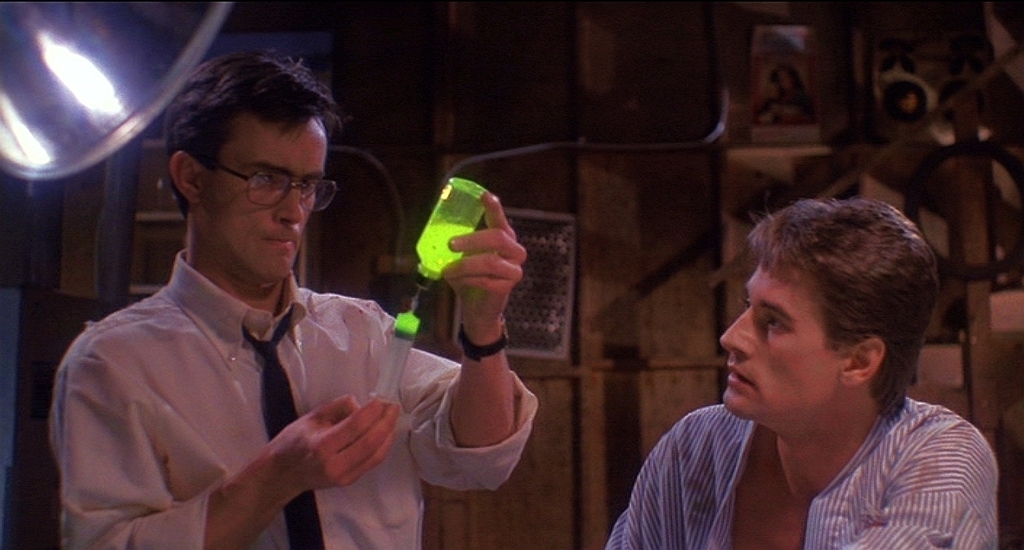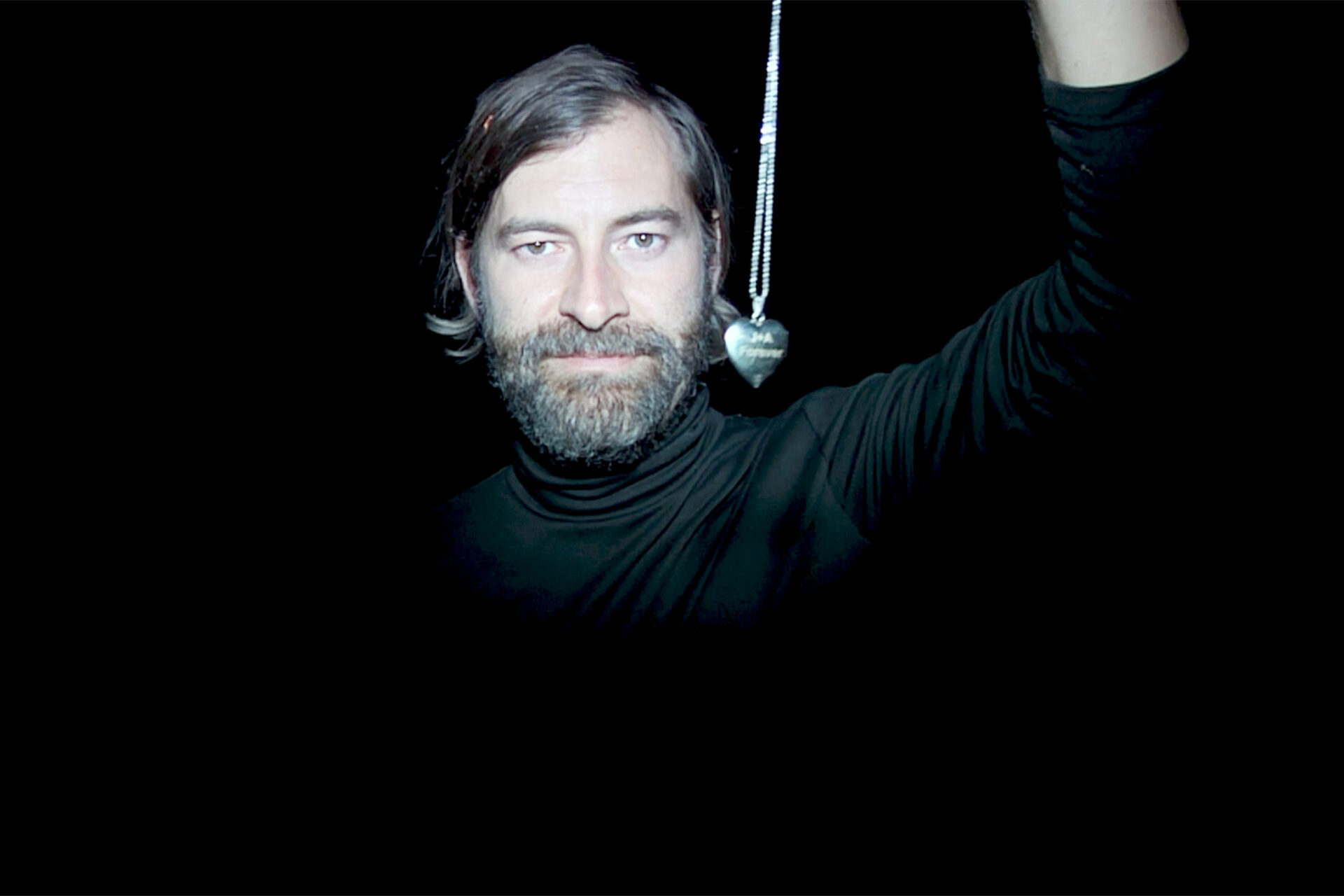The Mariah Carey “I don’t know her” vibes are strong on the opening track of Taylor Swift’s seventh album Lover. “I forgot that you existed,” she happily admits over a light piano riff. “And I thought it would kill me but it didn’t / It isn’t love, it isn’t hate, it’s just indifference.” It’s a final word on the anger and paranoia that anchored Reputation. She’s not writing a song about how awful you are anymore, she forgot who you are.
With Lover, the defensive bitterness that permeated and oozed from every corner of her last album cycle is gone, replaced with finding love in the small things, the mundane, the things you didn’t even expect to find love in, to begin with. The result is an album full of some of her strongest and blatant declarations to date, and also some of her most enlightening.
She refocuses some of her energy usually reserved for a decimating breakup anthem, instead taking on “The Man” in a different way. Where a song like “Look What You Made Me Do” stemmed from a petty side, “The Man” stems from plain exhaustion with the status quo and double standards, and tries to envision a world where perception is truly balanced. “They’d say I hustled, put in the work / They wouldn’t shake their heads and question how much of this I deserve / What I was wearing, if I was rude / Could all be separated from my good ideas and power moves.” It’s probably the most in-your-face of her social statements on this album, and her career in general. Stand out “Miss Americana & The Heartbreak Prince” on the other hand details a high school romance that also doubles for revealing her reasoning for becoming more politically active and includes some incredible co-production from co-writer Joel Little. “American stories burning before me / I’m feeling helpless, the damsels are depressed / Boys will be boys then, where are the wise men?”
“Cruel Summer” dives into falling in love during an otherwise difficult period of your life where you’d think love wouldn’t thrive, co-written with Jack Antonoff and Annie Clark of St. Vincent, whose dark pop vibe of her MASSEDUCTION album is all over the song. While “Afterglow”, a true highlight of the record, explodes with one of its most euphoric choruses, and follows Swift struggling with taking ownership for being the one who brought a relationship to a fiery end. “I’m the one who burned this down / But it’s not what I meant / Sorry that I hurt you / I don’t wanna do, I don’t wanna do this to you.”
The more fascinating side of Lover sees Swift struggling between not truly being able to escape the scars of past mistakes and heartbreak while also trying to balance the happiness she’s been able to find that also populates the record. There’s an aura of underlying fear and insecurity of not being good enough and always prepping for an inevitable end that many of these songs are lightly dipped in. “Cornelia Street” basks in the lingering aftermath that drove Reputation’s “Delicate” and finds Swift on the other side of finding love: now afraid to lose it. “I hope I never lose you, hope it never ends / I’d never walk Cornelia Street again / That’s the kinda heartbreak time could never mend.”
“The Archer”, which gets her coveted 5th track placement that has gone to emotionally brutal songs like Red’s “All Too Well,” 1989’s “All You Had To Do Was Stay,” and Reputation’s “Delicate,” also echoes her fear of not being worthy enough. “Who could ever leave me, darling? / But who could stay?” she questions. “Death By A Thousand Cuts” takes it a step further, confirming all of her worst fears. “Saying goodbye is death by a thousand cuts / Flashbacks waking me up / I get drunk, but it’s not enough / ‘Cause the morning comes and you’re not my baby.” This self-awareness has always been one of Swift’s most relatable qualities and strongest modes of writing, making these tracks sting just a little more than others.
That fear of loss also extends far past men and lands on mortality with “Soon You’ll Get Better,” one of Lover’s few forays back into the country realm and also featuring the Dixie Chicks, which finds Swift not truly knowing how to contemplate the possible loss of her mother who has battled cancer off and on in recent years. “What am I supposed to do? / If there’s no you / This won’t go back to normal, if it ever was.” It’s a tough listen and not a moment that most will be electively revisiting often, but it’s also personal on a different level that stretches her past usual barriers and allows us to see a deeply vulnerable side she doesn’t touch on often.
Then there’s the happier side to Lover. The side where she is so madly and unabashedly in love and doesn’t care who knows it. It’s here we veer back into traditional Swift territory. “I Think He Knows” explores just how awful she is is at hiding her feelings with production that recalls “Particular Taste” by Shawn Mendes.“‘So where we gonna go?’ I whisper in the dark / ‘Where we gonna go?’ / I think he knows.”
“London Boy” see’s Swift at quite possibly her most smitten ever, letting us in to probably her most private relationship ever with actor Joe Alwyn. “Darling, I fancy you /Took me back to Highgate, met all of his best mates / So I guess all the rumors are true / You know I love a London boy.” The title track “Lover,” one of the other few country-tinged moments on the album, celebrates her love for their love and has one of her best bridges ever. “Ladies and gentlemen, will you please stand? / With every guitar string on my hand / I take this magnetic force of a man to be my lover.” While “Paper Rings” indulges in some of the crazier things one will do when they’re in love. “Went home and tried to stalk you on the internet / Now I’ve read all the books beside your bed.” She only settles for the biggest of moods and dramatics here in only ways she could land.
Lover is an album full of curiosity and about figuring out that freedom comes in many different forms. Love is not linear, living, in general, isn’t linear, and Lover represents that, embracing the messy and beautiful sides all at once. In the final moments of the album, Swift restates her thesis on “Daylight,” which sums up and celebrates all of her previous doubts and obsessions on this album. “I wanna be defined by the things that I love / Not the things I hate / Not the things I’m afraid of / I just think that / You are what you love.” Lover feels like the natural end of an arc, the end of a cadence. She shoves everything she’s made of into this record, giving nods to all the past Taylors as she closes out her 20s. If she never made another album after this one it would make sense. Of course, no one wants that, but narratively speaking she leaves Lover on such a peaceful and content note that it’s almost something that shouldn’t be messed with.













